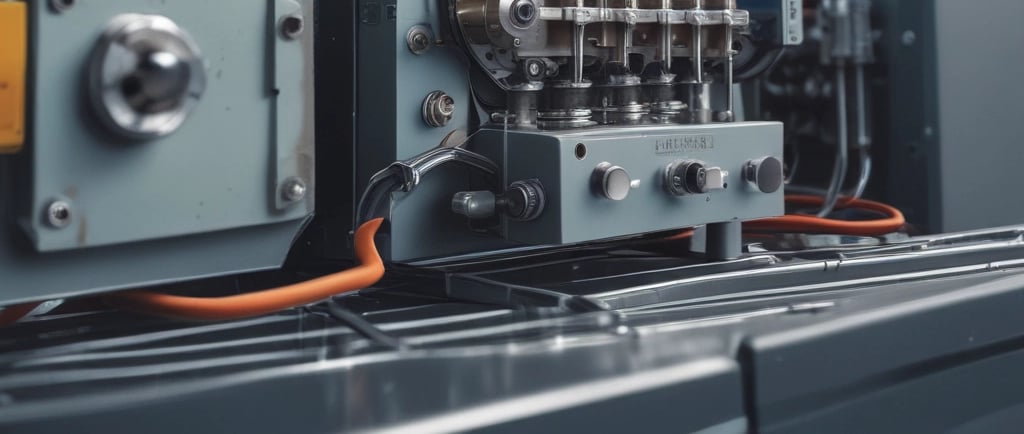The Critical Role of Mold Temperature Control in Injection Molding
4/10/20251 min read


Introduction
In the world of injection molding, where milliseconds matter and tolerances are razor-thin, mold temperature control can make the difference between a flawless product and costly defects. It’s often overlooked, but temperature consistency is one of the most important variables in the production cycle.
Why Mold Temperature Control Matters
Dimensional Stability: Parts molded at inconsistent temperatures may warp, shrink, or crack.
Surface Finish: Proper temperature helps ensure smooth surfaces with fewer flow marks.
Cycle Time Optimization: Controlling heat allows for faster curing without compromising quality.
Material Flow: Different thermoplastics behave uniquely at various temperatures—precision here guarantees better filling of the mold cavity.
Common Temperature Control Methods
Water-Based Systems: Efficient and commonly used for thermoplastics.
Oil-Based Systems: Used for high-temperature materials like PEEK or PSU.
Internal Mold Channels: Designed specifically to optimize heating and cooling zones.
The Bottom Line
Investing in professional mold temperature control systems doesn't just improve product quality—it boosts production reliability and long-term profitability.
One-stop service for all your molding needs.
contact information
+65 80391511
+86 13860465777
© 2024. All rights reserved.
